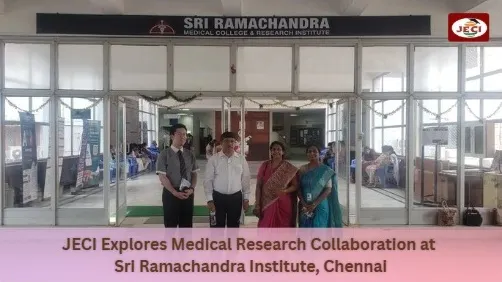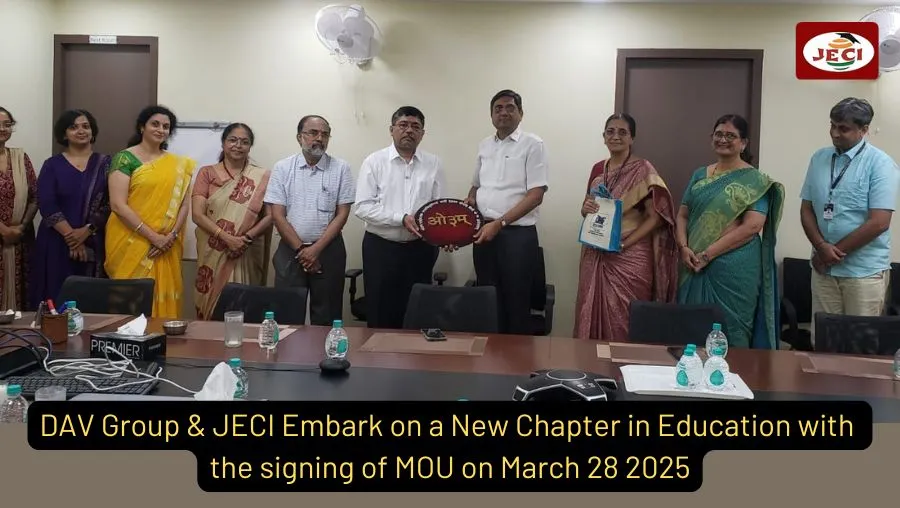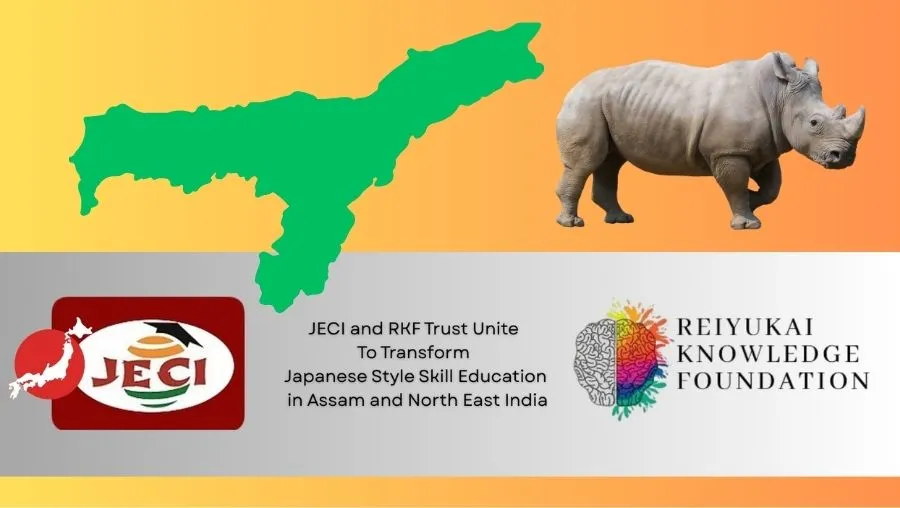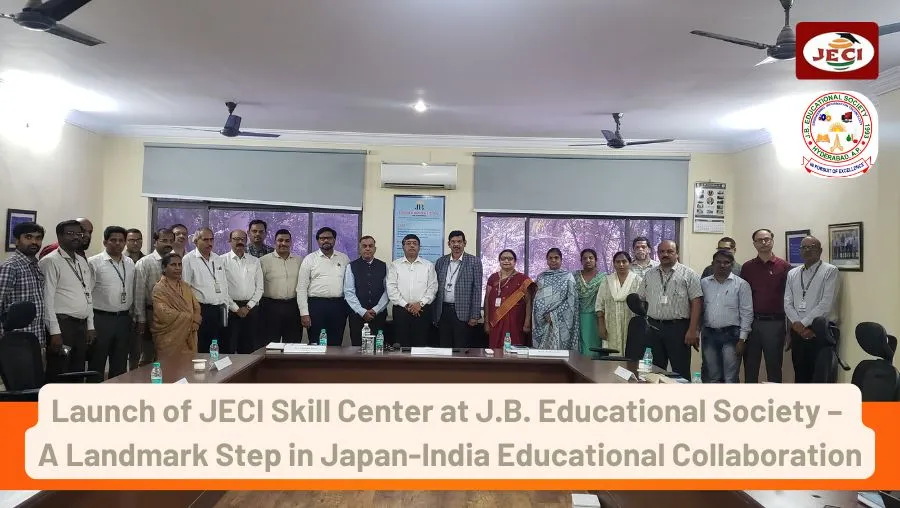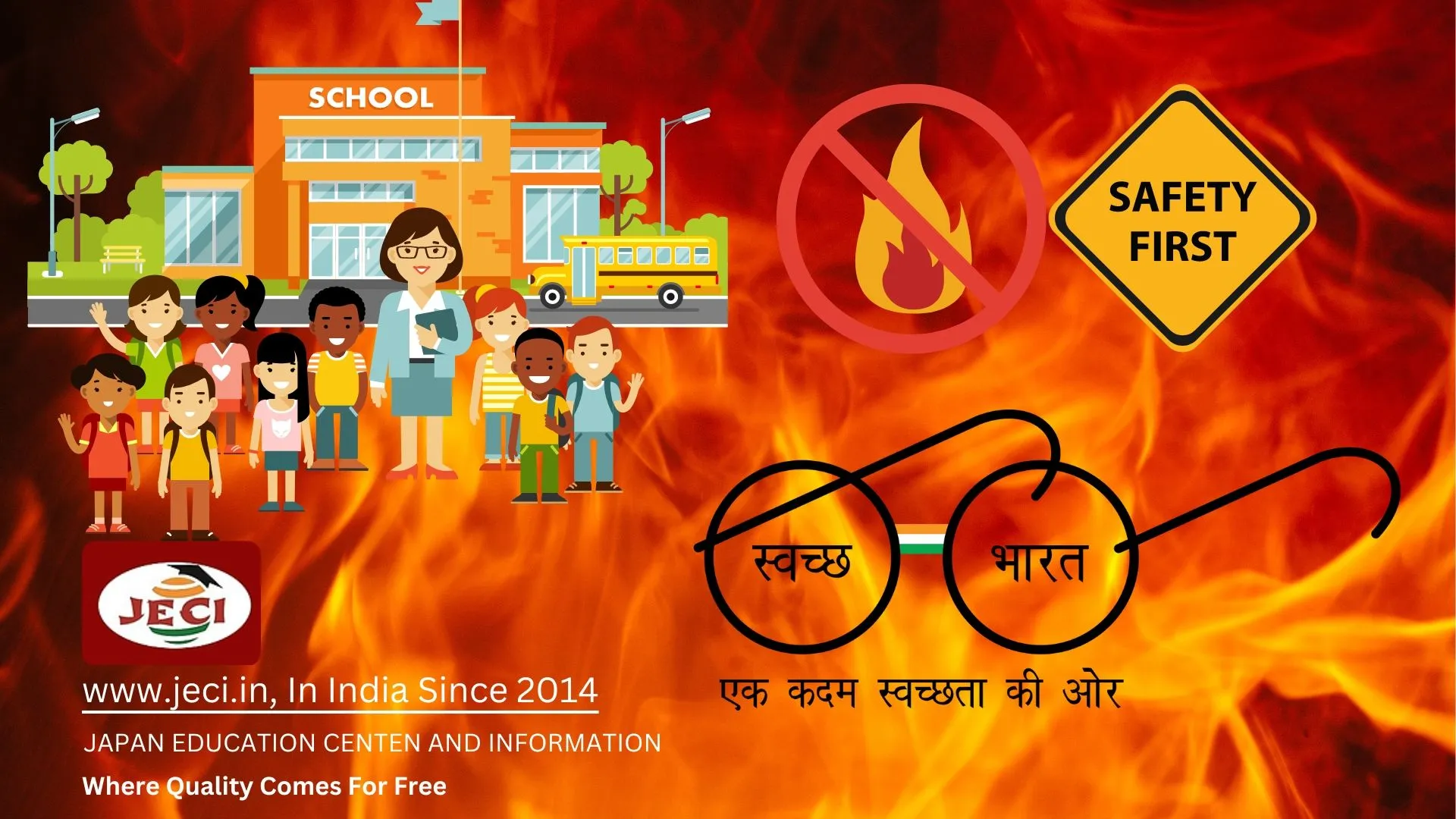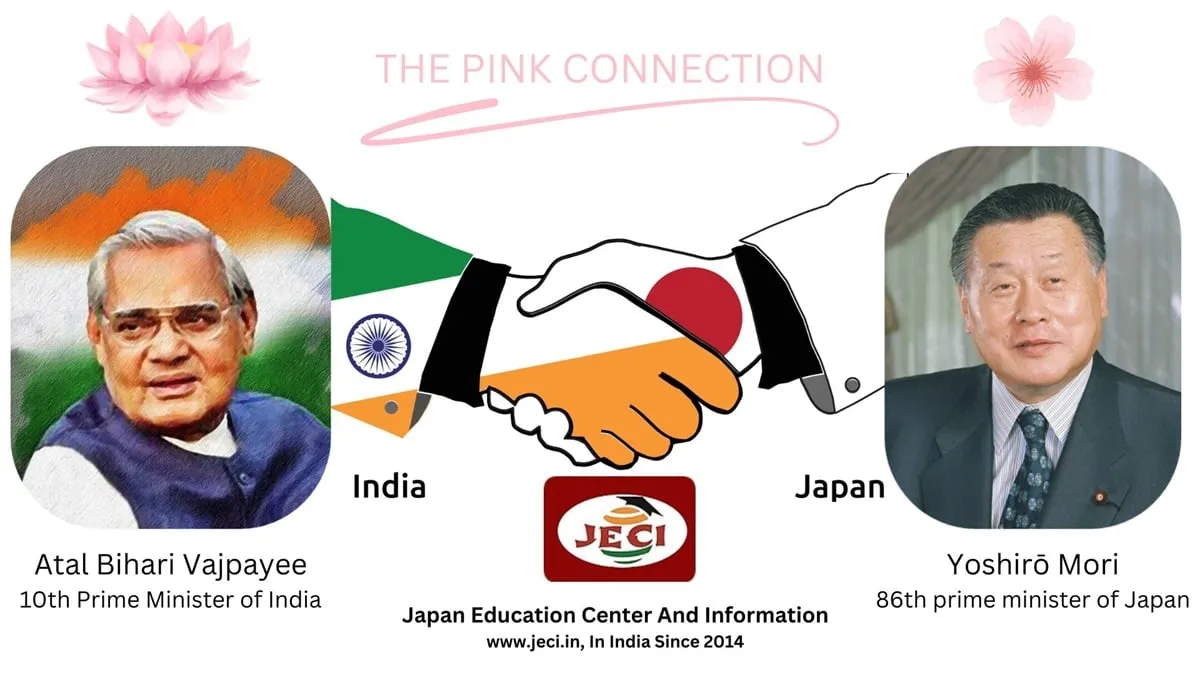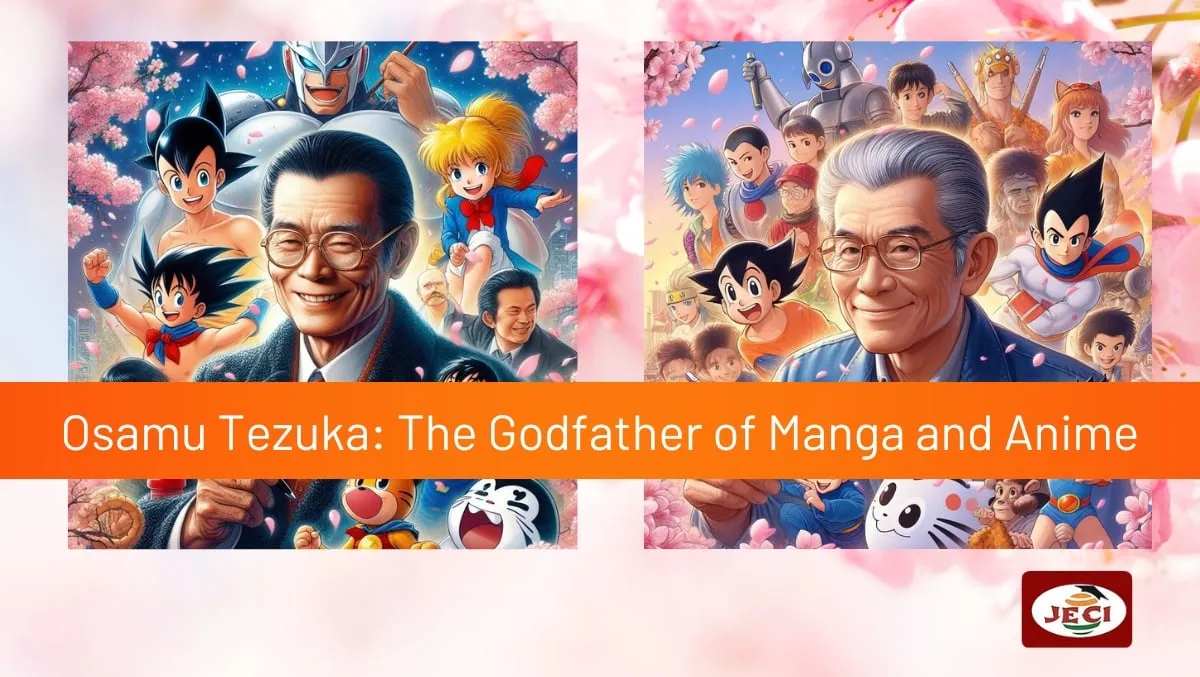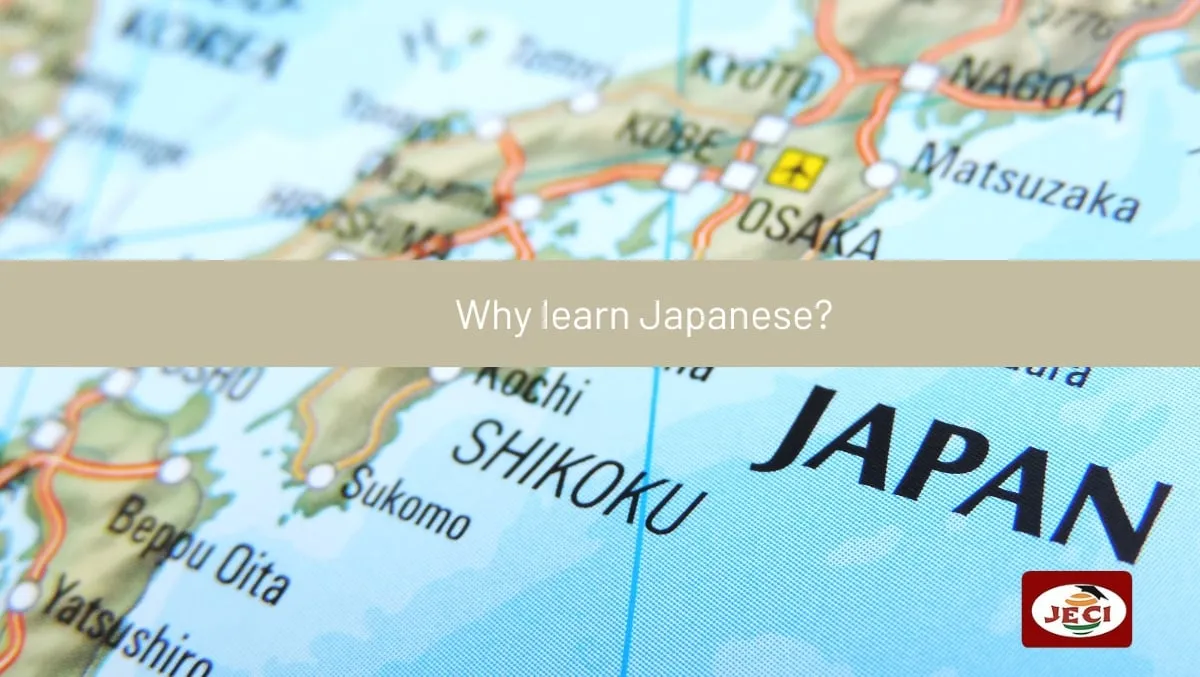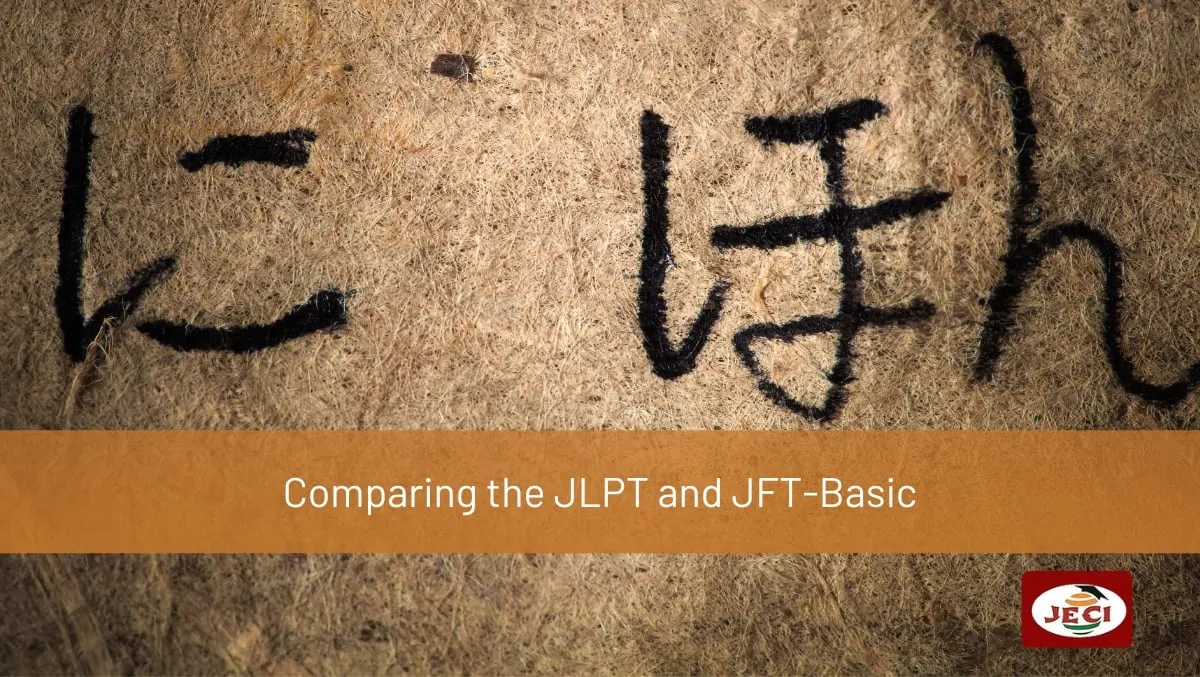Exploring the Rich History of Bengal-Japan Connection.
A Legacy of Cultural and Intellectual Exchange.
The subject is thought-provoking, highlighting Bengal's pioneering role in establishing Japan-India relations from an early date, often overlooked. I believe this topic holds great significance and it's essential to remember and honor these visionaries.
The Bengal-Japan connection dates back to the late 19th century, when notable Bengalis established roots and connections with Japan. This period saw a significant exchange of ideas, culture, and knowledge between the two regions, continuing until the mid-20th century.
Swami Vivekananda visited Japan in 1893, delivering lectures on Hinduism and Indian philosophy, laying the groundwork for cultural exchange. His teachings had a profound impact on Japanese intellectuals, including Professor Shuichi Katzumi. Vivekananda's message of universal brotherhood and spirituality resonated deeply with the Japanese, and his influence still resonates in Japanese thought and culture today.
Rash Behari Bose, a revolutionary and nationalist, lived in Japan from 1915 to 1945, playing a crucial role in fostering Indo-Japanese relations. He established the Indian National Army and collaborated with the Japanese government to promote Indian independence from British rule, galvanizing support among the Japanese people.
Radhabinod Behari Pal, a scholar and intellectual, became one of the first Indians to study in Japan, earning a doctorate in philosophy from Tokyo Imperial University in 1921. He later became a professor at the University of Tokyo, promoting Indian studies in Japan and introducing Japanese scholars to Indian philosophy, literature, and culture, deepening the intellectual exchange between the two nations.
Pal also served as an expert witness for the defense at the Tokyo Tribunal (1946-1948), which prosecuted Japanese leaders for war crimes. His involvement highlights the complex and multifaceted nature of Bengal-Japan connections during this period.
These individuals, along with Tagore and Netaji Bose, helped establish a deep Bengal-Japan connection, laying the foundation for today's bilateral relation and bond. This continued through institutional links, academic exchanges, and cultural collaborations until the mid-20th century, including the University of Tokyo's Bengali studies chair and the Indian Statistical Institute's Japanese connections.
Bengal-Japan ties extended beyond intellectual and cultural exchanges to political and economic links. Japan supported Netaji Bose's Indian National Army in its fight for independence from British rule during WWII, shaping today's relationship between the two regions.
Bengal-Japan connections in the late 19th-mid 20th centuries were facilitated by notable Bengalis who established roots in Japan. This exchange had a lasting impact on shaping today's history in profound ways.
Thank you,
Capt. Raj Adhikary, www.jeci.in

